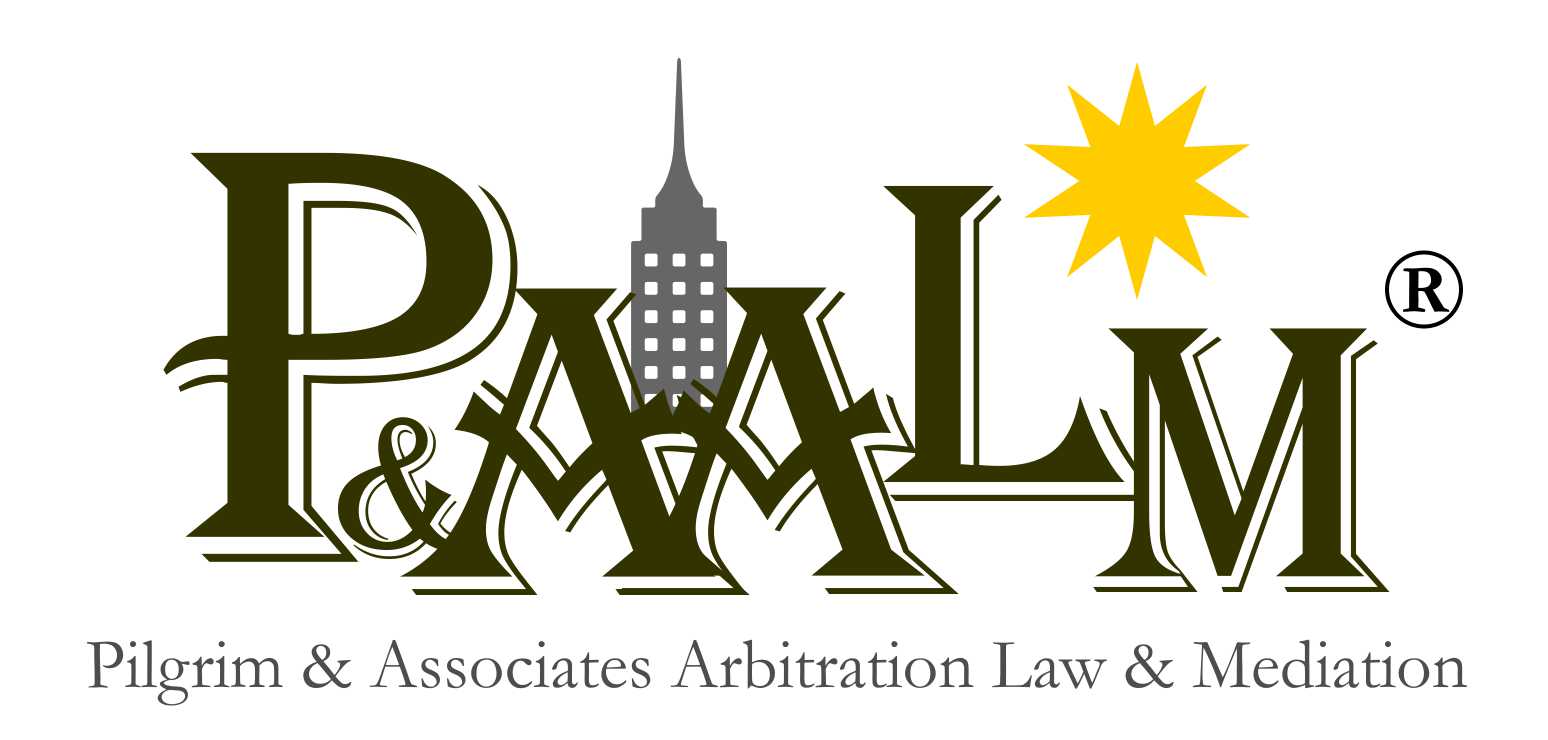By Claire Zovko, Esq.
As the governing body for the sport of basketball worldwide, Federation Internationale de Basketball (“FIBA”) is responsible for the integrity of basketball at the international level. FIBA is recognized by the International Olympic Committee as the sole competent authority in basketball. In May 2007, FIBA created its own dispute resolution mechanism designed for quick and inexpensive resolution of disputes related to the sport and its participants, i.e. clubs, players and agents. Originally, named the FIBA Arbitral Tribunal (“FAT”), FAT heard two cases in the inaugural year. To emphasize that it operates independently of FIBA, FAT was renamed Basketball Arbitral Tribunal (“BAT”). Within basketball, most disputes relate to unpaid wages and commissions. Almost five years after creation, BAT has heard more than 200 cases.
The seat of BAT is located in Geneva, Switzerland. The only means of coming before BAT is by voluntary agreement of the parties by means of a Standard Arbitration Clause in a disputed contract. Interestingly, a handful of BAT disputes involved a player and club having signed two contracts for the same time period. The first contract having the BAT standard arbitration clause and the subsequent excluding the arbitration provision and referencing domestic law as the means of dispute resolution. In these cases, BAT frequently finds in favor of the BAT standard arbitration clause in the first contract and accepts jurisdiction to hear the dispute.
Disputes are “heard” by a single arbitrator with legal training and sports knowledge appointed by the BAT president. A unique feature of BAT is that the arbitration procedure is conducted in writing and 99% of cases are handled entirely though an online system. In-person hearings can be held upon request, though they rarely are. A BAT arbitral award is delivered within six weeks of the arbitral proceedings. The disputes before BAT are decided not on the basis of a national legal system but on the principle of ex aequo et bono, applying general considerations of justice and fairness without reference to any particular national or international law.
In the event that a BAT arbitration party fails to honor an award, sanctions can be imposed by FIBA. A monetary fine of up to CHF 150,000 (USD $166,131) can be applied more than once to any party. If the party is a player, FIBA can prevent the player from transferring to any other international teams. If the party against whom the decision is rendered is an agent, FIBA can withdraw the agent’s license. If the losing party is a club, FIBA can prohibit registration of new players and/or ban the club from participation in international competitions. For a list of current BAT sanctions enforced by FIBA, please refer to the FIBA Sanctions webpage. (http://www.fiba.com/pages/eng/fc/expe/fat/p/openNodeIDs/19681/selNodeID/19681/sanctions.html)
This introduction is the first of a series exploring international basketball disputes. Future posts will include how U.S. athletes are affected by the international basketball landscape as well as analysis of various BAT decisions.
Claire Zovko is a rising attorney with a passion for sports law, which stems from her love of sports in general. Zovko is a member of the Sports Lawyers Association, Florida Bar Entertainment and Sports Law section, and the Miami-Dade Sports Commission. She also serves on the advisory board to the University of Miami Entertainment and Sports Law Society. Click ZOVKO BIO to read her more.
